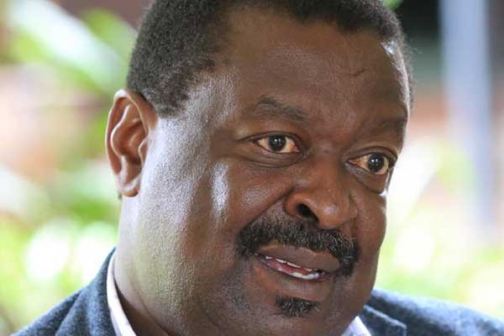
Consanguinity — the belonging of a people to a common ancestry — is as old as creation. It walks hand in glove with feelings of security, both real and imagined. There is comfort in belonging to a bloodline, regardless that it is a human or jungle bloodline. Accordingly, it is natural for every herd to seek advantage and dominance over others for itself.
The herd is the self and the family writ large. And the self wants to dominate, and not to be dominated. Feelings of self-assurance, or conversely exposure, because of belonging to the same kinship is universal. In the end, everyone feels safe or endangered because of his or her natural herd membership. There is comfort in knowing both the herd and the shepherd. The Good Book has, therefore, said at John 10: 14, “I am the good shepherd. I know my sheep and my sheep know me.” Woe unto the sheep that has no shepherd, or does not know its shepherd.